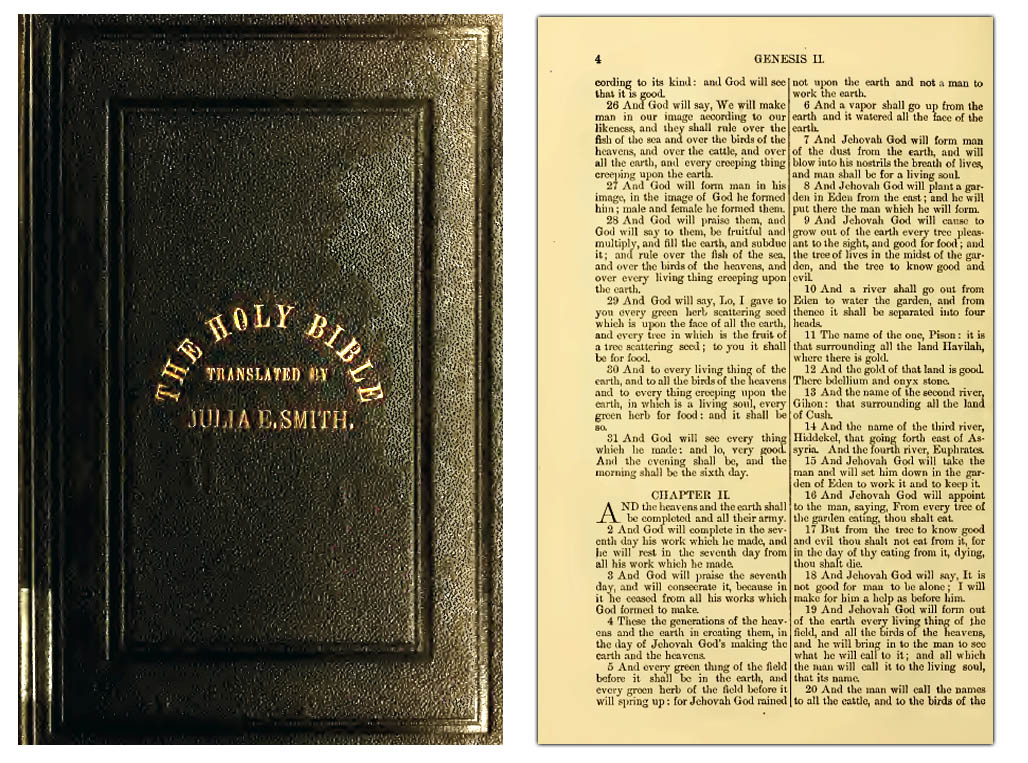Yourselves are from out of the father, the False Accuser, and the desires of the father of yourselves, you desire to make. That one there was a manslayer away from the origin, and within the true/real one has not stood firm, because there is not a true/real one within himself. Whenever he might utter, from out of the own self he utters the False One, because he is a liar, and the father of himself.
ὁ πατὴρ αὐτοῦ. The word “αὐτοῦ” (autoû) is a masculine form in ancient Greek. It is the genitive singular form of the pronoun “αὐτός” (autós), which means “he,” “himself,” or “it.” This form indicates possession or association with a masculine noun or pronoun. It is modified in this case by ψεύστης “liar” which is a masculine noun, and not neuter.
“A liar” is not an “it”. Himself being the liar, he is not the father of “it” but of “himself”, the liar. The great irony here is that this text has apparently always been represented falsely to the world as “father of it” and in recent times “father of lies.”
A few translations tried to be accurate:
- “because he is a liar—also his father.” (LSV 2022)
- “he speaketh, because he is a liar — also his father.” (Young’s Literal Translation)
- “for he is a liar, and the father thereof” (RSV)
- “For he is a lyer, and the father of the same thyng” (Bishops Bible of 1568)
The only woman to have translated the Bible into English, Julia E. Smith, as it happens, gave the most accurate, honest translation there is:
“for he is a liar, and the father of him.” (Smith’s Literal Translation, 1876)
Her rendering of John 9:9 is also the most honest, true to text translation done in English:
Others said, This is he: and others, That he is like him: he said, That I am. (Smith’s Literal Translation, 1876)
Not a single English translation has given an honest rendering of John 9:9 due to the fact that the man born blind was saying after gaining his sight, literally, “I am“. Instead they all add words such as “I am the man” or “I am he” or ” “I am the one” or in the case of the LSV “I am [he]”
Smith’s translation was perhaps the most honest of all translations ever done. But the multitude never read or studied her translation or other literal translations. Julia’s translation was not read or studied by many due to it being written by a woman in the 1850s, and not published until 21 years after she finished it. Although her “strictly literal rendering” still misses “the Whole”, to her credit, she attempted to give the most honest renderings, notably with the distinguishing of the Hebrew incomplete and complete, rendering the incomplete form as the “future tense”:
“And the heavens and the earth shall be completed, and all their army. And God will complete in the seventh day his work which he made, and he will rest in the seventh day from all his works which God formed to make.” (Genesis 11:1-2 RBT)

So not having much opportunity to see the literal, more accurate language of the texts, what did the multitude study, memorize, and believe?
In the last few centuries it was the King James “Authorized” Version:
- “for he is a liar, and the father of it” (KJV)
In the last couple of generations:
- “he is a liar, and the father of lies.” (NASB)
- “for he is a liar and the father of lies.” (NIV)
- “for he is a liar and the father of lies.” (New Living Translation)
- “for he is a liar and the father of lies.” (ESV)
